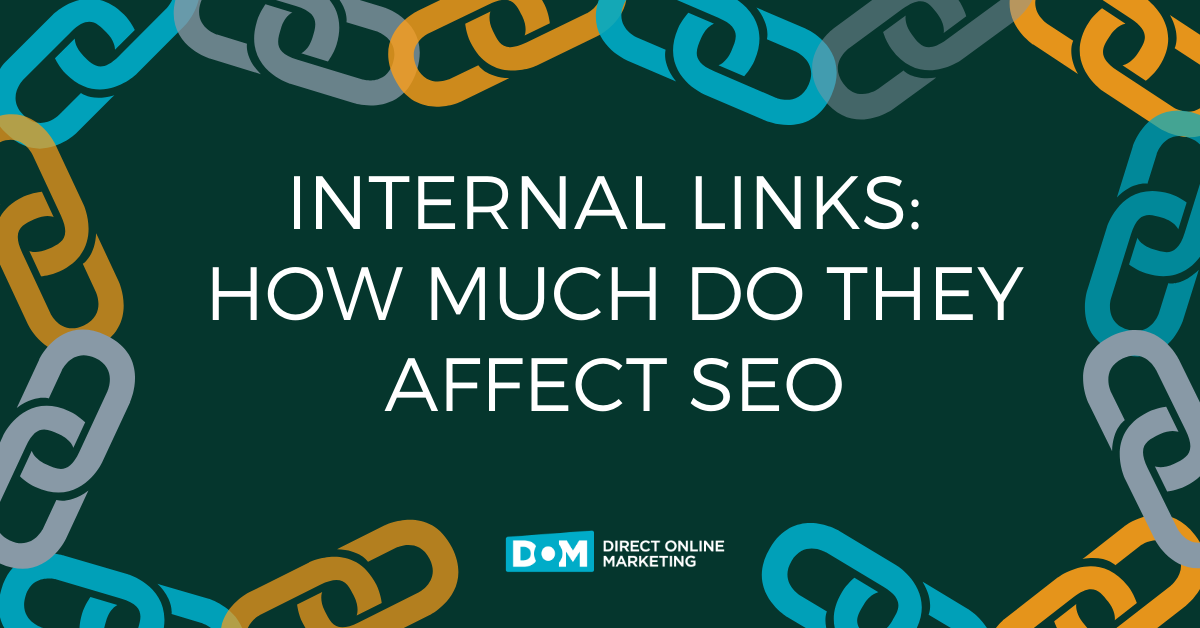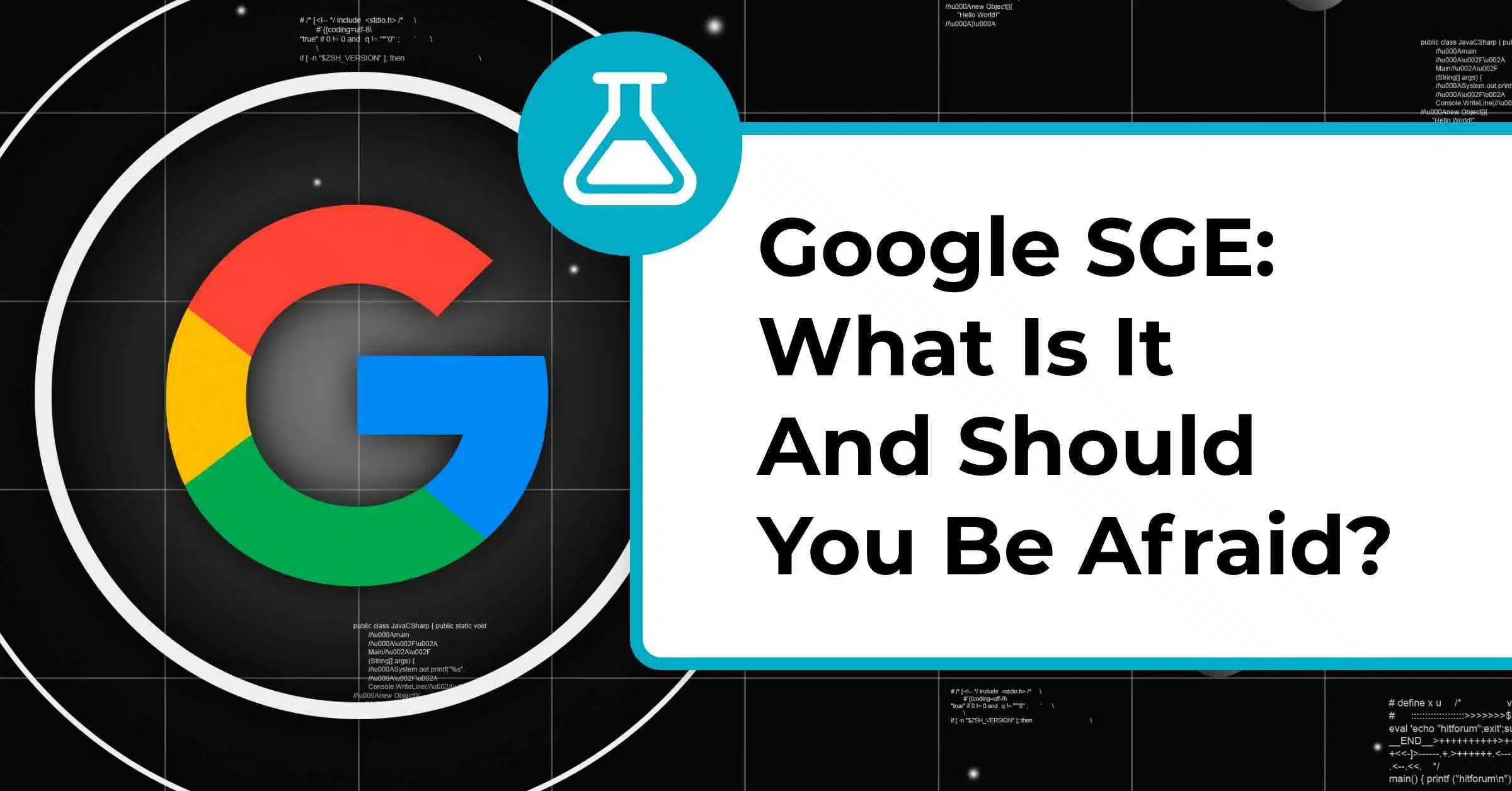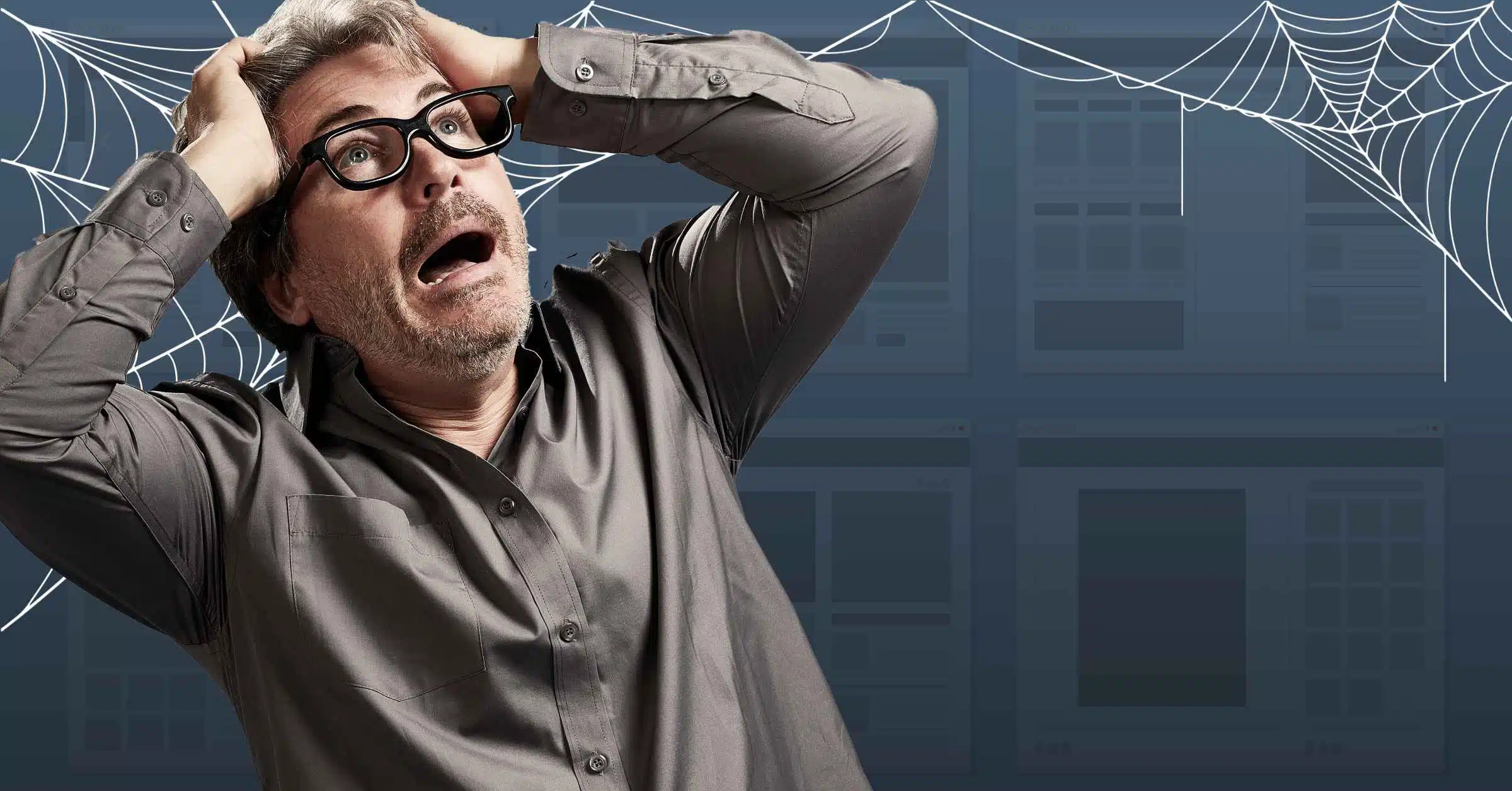Not too long ago, I posted about how the internet could affect political campaigns from a statement verification standpoint. That blog was spawned by comments from top Google brass.
They’ve been at it again, discussing how the internet will affect politics and what politicians should know about its changes. Says CEO Eric Schmidt, “The ones that take advantage of [the internet’s electioneering power] most effectively will be the ones that will be the winners of the next election.”
Part of the reason for Schmidt’s comments were to promote Google’s acquisition of YouTube and other tools like Google Earth. Prior to Bahrain’s elections, someone posted pictures of its ruling family’s livin’ large homes from Google Earth and contrasted those next to abodes of the working class. And US Rep. John Murtha saw videos flying around first on YouTube, then on the news outlets of his dealings in an FBI bribery sting. That followed the spreading of Sen. John Allen’s now infamous “Macaca” video.
Politicians certainly need to be aware of the speed in which people will now see past and present foibles. But it goes beyond that, too.
Do you have a Web site with your platform clearly laid out? Are you taking advantage of blogging with RSS feeds so that supporters can see your message daily? Are you advertising with search engines and email campaigns so that undecided voters looking to educate themselves on the issues can easily find what you stand for? Are you advertising to get your message out in front of negative attacks and missteps?
If you’re not thinking about these things now, you can rest assured that your competition will have a distinct advantage during the next elections. So you decide, do you want to take advantage of the opportunities the internet affords or do you want to be sitting around a bunch of unopened bottles of champagne wondering what went wrong and why you didn’t deal with this “problem”?


